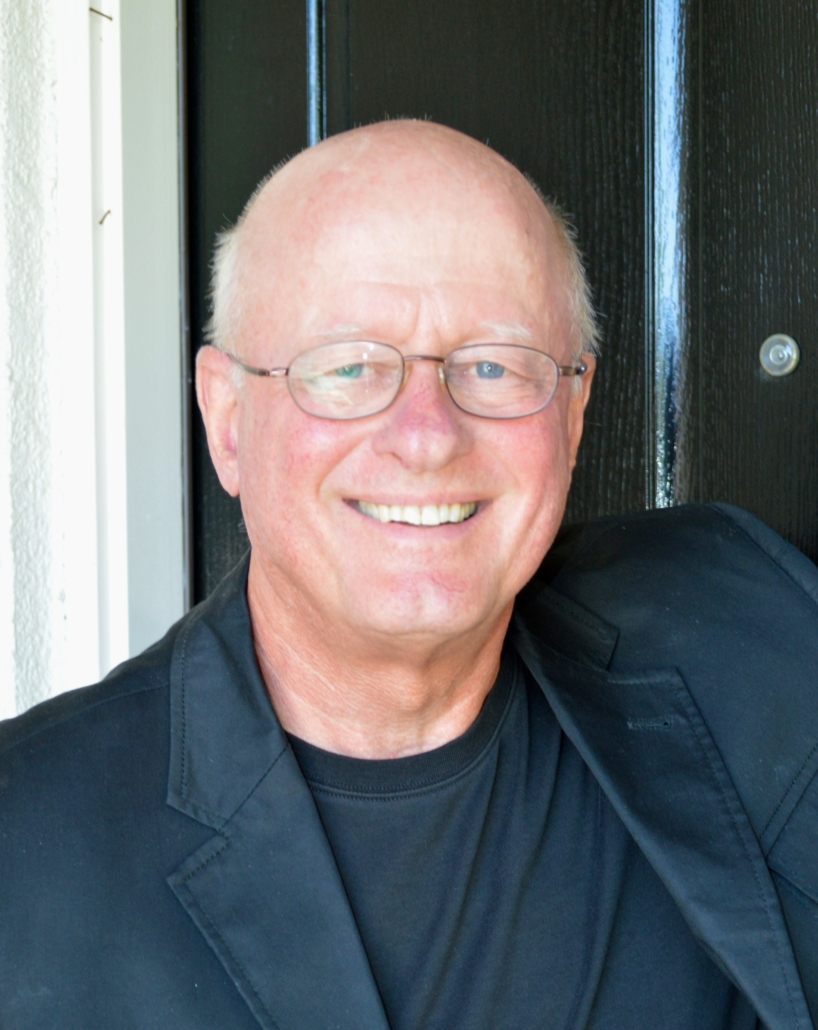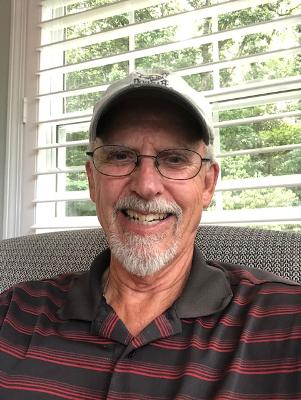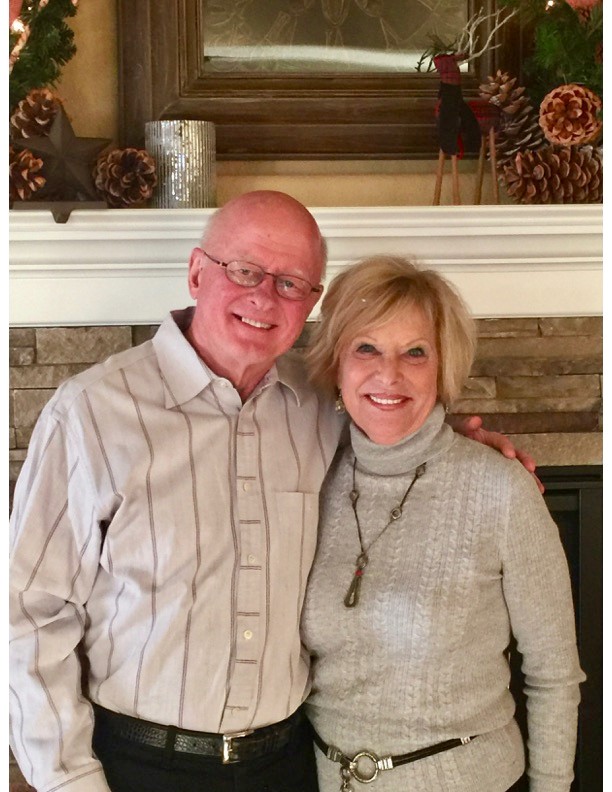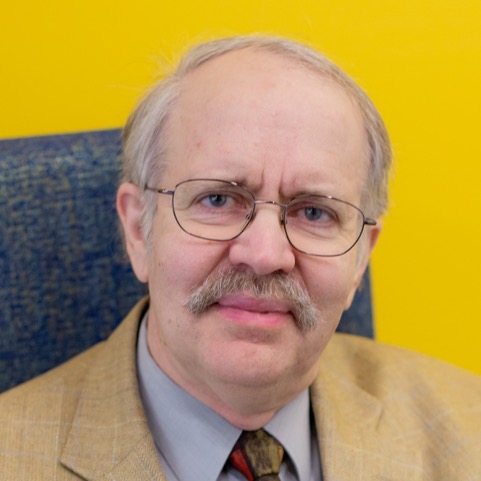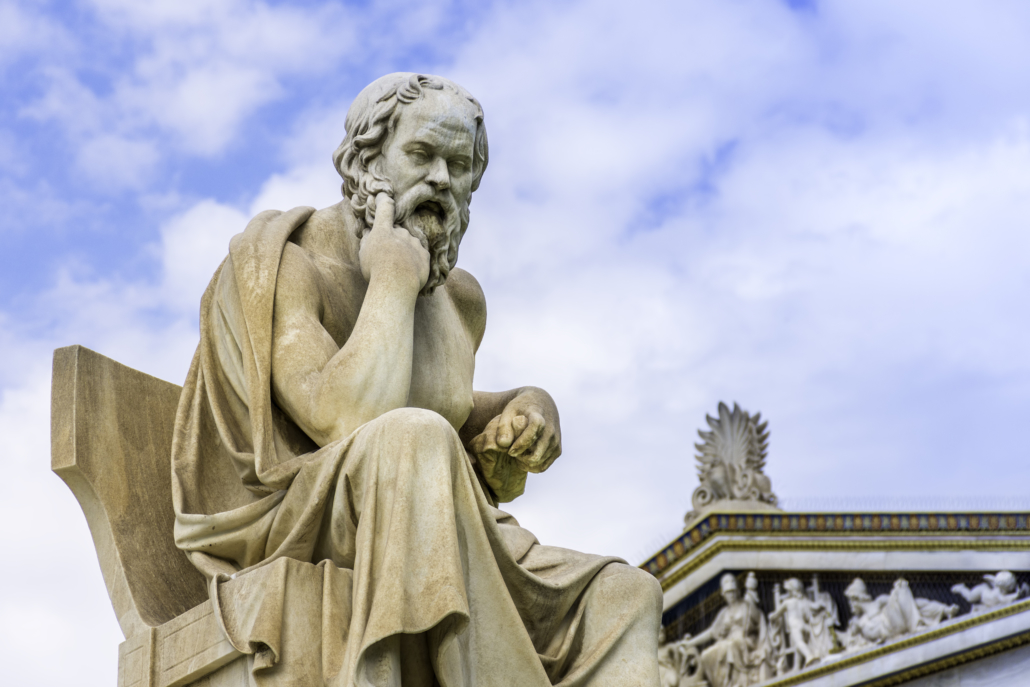The mission of the Socrates@SaddleBrooke Club is to explore and discuss “Big Questions” of life regarding origins and destiny: Where did I come from? Where am I going? Why am I here? We examine evidence from science, philosophy, theology, history, humanities, and psychology following the path of inquiry no matter where it leads.
We host presentations and encourage Q&A and discussion at our live events (Socrates Forum) and within small group settings, as well host an online Socrates Forum where you can ask a question and have it answered by other participants. Our goal is to connect people who have credible knowledge to people who want it, as well as help people appreciate those with a differing perspective.
At the center of the School of Athens fresco on the homepage we see Plato on the left and Aristotle hotly debating the foundations of inquiry.
Socrates, Plato and Aristotle
Their philosophy is foundational to the methodology of the club. Plato was Socrates’s student and Aristotle was Plato’s student. In the School of Athens fresco Plato is pointing upward with a single finger stating that there is a higher, eternal, unifying and unchanging ultimate reality (Truth) that is the source of all knowledge and matter. Aristotle with his fingers pointing downward, is arguing that reality is discerned by understanding the physical things we see and experience with our senses.
Today this same discussion rages on: How do we account for the incredible diversity of all the material and immaterial things of the world and yet discover the unifying principle that lies behind them? At Socrates at SaddleBrooke we research answers to the Big Questions of life in our modern scientific age using this same socratic methodology alongside the scientific method and follow the path of inquiry wherever it may lead.
Our Host and President
Stuart Orr
Stuart has earned degrees in physics (B.S., Drexel Institute of Technology), systems engineering and operations research (M.S.E., University of Pennsylvania), and was awarded the honorary Doctor of Laws degree (LL.D.) by Simon Greenleaf School of Law (now Trinity Law School, Deerfield IL) for his work in integrating law, apologetics and human rights as president of the School while completing his Masters of Arts program in theology. Stu had a vocational career that spanned computer information systems and university administration. Stu is an intensive researcher and will provide you with current expert information from many academic disciplines — and from both sides. He has taught and lectured on worldview and apologetics throughout Southern California, Colorado, and Arizona.
Stu was a hard-core agnostic who became disillusioned with secular answers and worldly values in his mid-30’s. He went on a multi-year intensive investigation to discover the meaning and purpose of life which eventually resulted in him becoming a committed Christian. Even so, at Socrates he objectively lays out both affirming and opposing evidences from science and theology in an open and transparent manner. His goal is for you to examine these topics from multiple paths of inquiry so you will be able to draw your own conclusions, as well as better appreciate the differing conclusions of others.
As a subscriber (below) you will have access to the videocasts from the live Socrates@SaddleBrooke Forums which host his presentations as well as the ensuing Q&A and discussion. You will also have online access to ask questions and receive answers.
Communications Director
Richard Hardy
Dick earned a B.S. degree in chemistry (Northern Illinois University) and an M.S. degree in Chemistry (Roosevelt University). He was a research chemist at The Sherwin-Williams Company before moving to the sales, marketing, and business side. He was a vice president with SW for 10 of the 23 years he was there. For the next 25 years, Dick was president and principal owner of XIM Products, Inc., a manufacturer and marketer of specialty paints, coatings, and associated products. He sold his company and retired in 2013.
Dick currently lives in SaddleBrooke, AZ. He maintains an interest in science and writing. He has published four books and has completed his fifth book, a science fiction thriller. He remains active with golf, table tennis, and off-roading in his Jeep. Dick lives with his best friend, Lucky, a rescue dog who is a Lab and German Shepherd mix.
Our Hostess
Gale Orr
Gale Orr is the founder and former owner of The Hideaway, a retreat and conference center in Monument, Colorado. She and Stu host social and educational Socrates events as well as neighborly conversations in their home.
Gale and Stu were originally from California moving to SaddleBrooke from Colorado in 2019 upon retirement. Together they have a total of four children and nine grandchildren. They love SaddleBrooke – its people and its spectacular beauty – and enjoy hiking, music, dining and dancing, but most importantly researching and discussing the Big Questions of life.
Science and Theology Advisor
John Bloom
John A. Bloom (PhD in Physics, Cornell University; PhD in Ancient Near East Studies, Annenberg Research Institute) is a professor of physics and former chair of the chemistry, physics, and engineering department at Biola University. He is the founder and director of Biola’s master’s degree program in science and religion. He is the author of a number of published articles and the book The Natural Sciences: A Student’s Guide.
Dr. Bloom says, “I’ve found Stu’s work to be engaging, up-to-date, accurate, and accessible to a layperson. He is great at giving you the other half of the story that you will not hear from the media or our culture leaders today. Most importantly, he makes you think!” (September 2023)
Our Inspiration
Socrates
The formation of the Club was inspired by the man who discovered answers to Big Questions by asking Little Questions thus establishing a path to understanding. His “socratic method” is used throughout throughout the world, not only in academia but by everyday people with inquiring minds who gather in small groups to learn and discuss.
Socrates Cafe groups were started in 1996 by Christopher Phillips and hosts small groups that meet in libraries, community centers, bookstores and coffee shops throughout the United States. There are over 30,000 participants thecafeproject.com.
Socrates in the City founded by Eric Metaxas hosts presentations several times a year in New York City and throughout the US socratesinthecity.com. His format is to interview major personalities in live audiences and stimulate on-going discussion afterwards.
The Oxford Socratic Club was a student society that met to debate the intellectual difficulties connected with religion and with Christianity in particular. It followed the practice of Socrates to “follow the argument wherever it led them.” C.S. Lewis presided as president 1942-54 during his years at Oxford.
Socrates@SaddleBrooke, LLC is an independent local educational club in SaddleBrooke, Arizona that hosts speakers to address particular Big Questions and encourage subsequent Q&A discussion both live and on the web, as well as in small group settings.
Our Location
Mountainview Country Club, SaddleBrooke, AZ.
Two adjacent locations:
- MountainView Bar and Grill, 38759 S. MountainView Blvd.
- Catalina Room, 38691 S. MountainView Blvd. (next to Golf Shop)
Please consult the website or current email for location of the next Forum.
What We Believe
We believe that truth exists and can be discovered by examining evidence from the natural world, reliable historical testimonies, and from God’s general and special revelation, then logically reasoning to a conclusion.
Truth
Truth is that explanation of a matter, if logically coherent and consistent, that best describes reality.
Worldview
Worldview is the set of cherished convictions and principles that we hold, whether we are conscious of them or not. It informs our starting assumption in evaluating new information and for reasoning to conclusions. Worldview is the “lens” through which we “view the world.”
Assumptions
At Socrates@SaddleBrooke we want to be aware of our worldview and its assumptions and be open to adjusting both based on new evidence that we may discover and any new conclusions we may draw.
Evidence
The basis for our investigation will be evidence-based inquiry from Nature and God’s Word regarding the truth of reality. Our working definition of evidence will be —
- Information presented in an attempt to demonstrate facts about reality.
- Conclusions that form the foundation of our belief.
- Data that improves our understanding of a matter and of each other.
Starting Point for Inquiry
The two debaters in the School of Athens fresco are Plato and Aristotle. They each begin their argument based on an unprovable assumption. Plato holds to a “top-down” assumption, represented by his one finger pointing upward, that there is a transcendent ultimate reality from which all other reasoning is based. Aristotle begins with a “bottom-up” assumption, that one discovers ultimate reality by evaluating the physical world around him (represented by his several fingers pointing downward) and knitting that evidence into a cohesive argument. At Socrates@SaddleBrooke we pursue both approaches of inquiry.
Evaluating Evidence
We evaluate evidence using standard definitions from science, law, and theology, that describe how well we are persuaded to arrive at a conclusion based on the data presented.
- Inference to the Best Explanation: We choose the explanation from among competing alternatives that best explains the available evidence.
- Preponderance of the Evidence: We choose the explanation that is more likely to be true than not true.
- Beyond Reasonable Doubt: There is convincing evidence to a level that accepts the explanation without hesitation, but without absolute certainty.
- Proof: There is sufficient evidence to demonstrate and establish the explanation as true, i.e., that which actually corresponds to reality.
- Faith: There is always a gap between a conclusion and absolute certainty (skepticism) that can be bridged only by trust (faith) that our reasoning actually matches reality.
Interpreting Evidence
Science, philosophy and theology attempt to understand the meaning of information by drawing out its correct interpretation from the data and evidence presented. In science and philosophy the data is about nature and the physical evidence and implications it presents. In theology, the data is the text of the Word of God and the ultimate reality it reveals. We attempt to draw inferences to the best explanations with both top-down and bottom-up argumentation.
Argumentation
The process of forming reasons and of drawing conclusions to the matter under discussion.
Full Disclosure
In the spirit of full disclosure, Stuart Orr, our host and author, is a committed Christian who believes that God is the Creator, Jesus Christ is the Son of God, Messiah, and Savior of the world, and the Bible is the Word of God. His personal conclusions and testimony can be found here. Even so, Stu does his best to relate the scientific evidence objectively, but you are free to challenge his interpretation of the scientific data as well as his philosophical and theological assumptions and argumentation. That’s the purpose of the Club: to think deeply about things and enter into socratic discussions, as well as be open to one’s own assumptions and beliefs allowing challenge from opposing views. Most importantly, to be respectful of other positions without having to fully agree with them.



